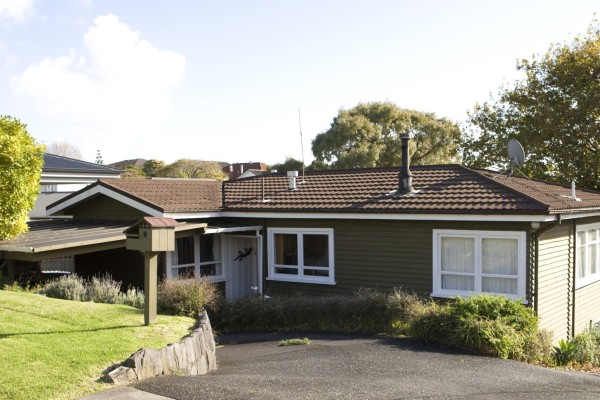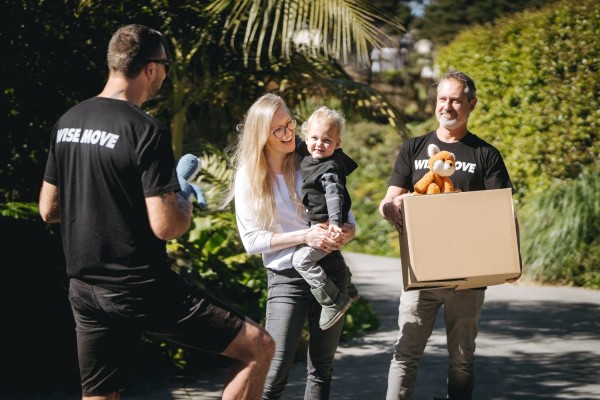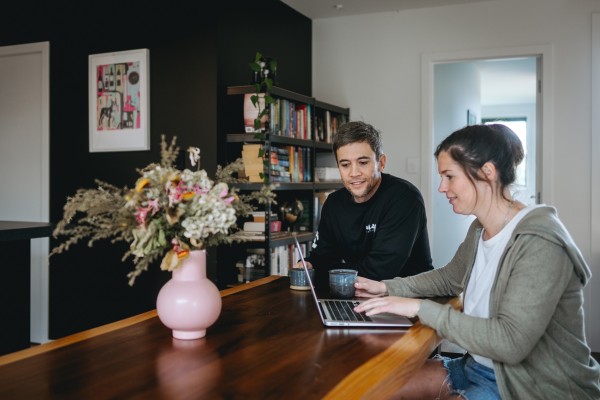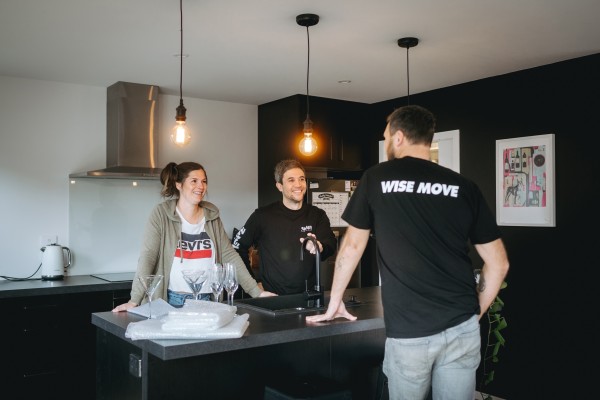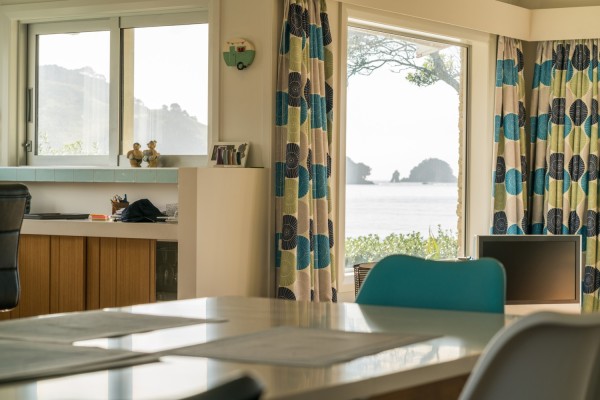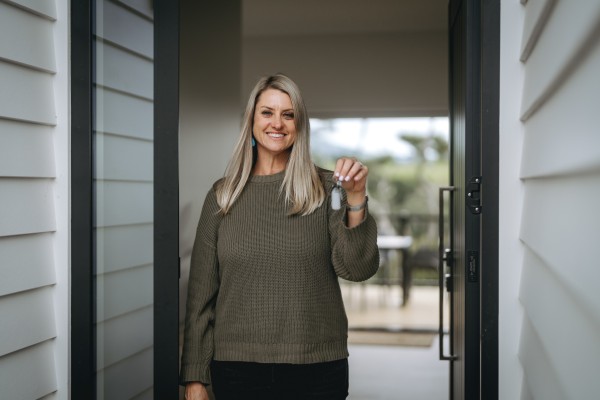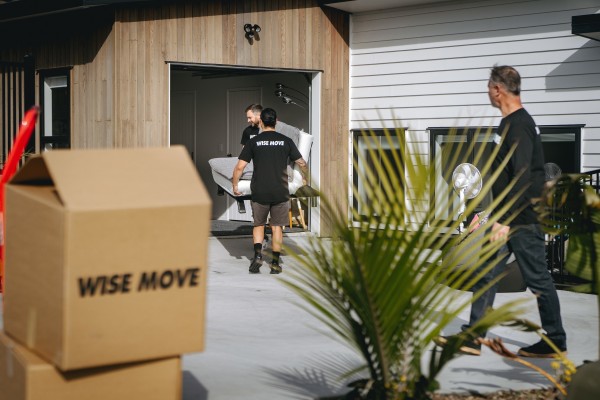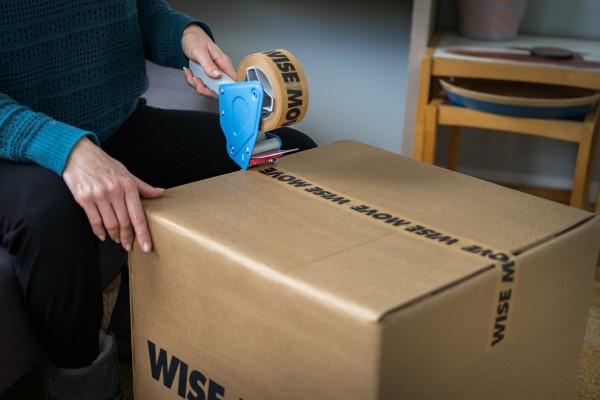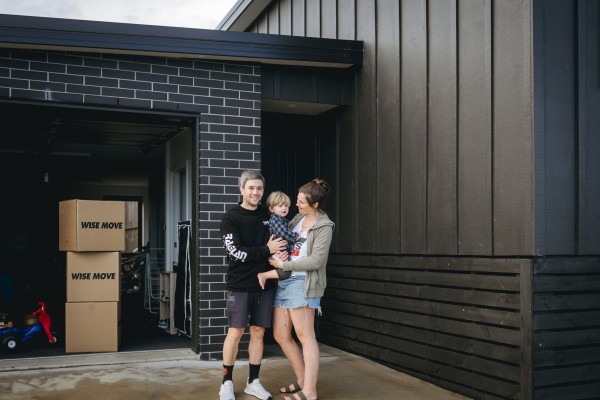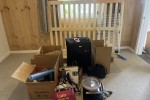Should I Buy or Rent a House in New Zealand?
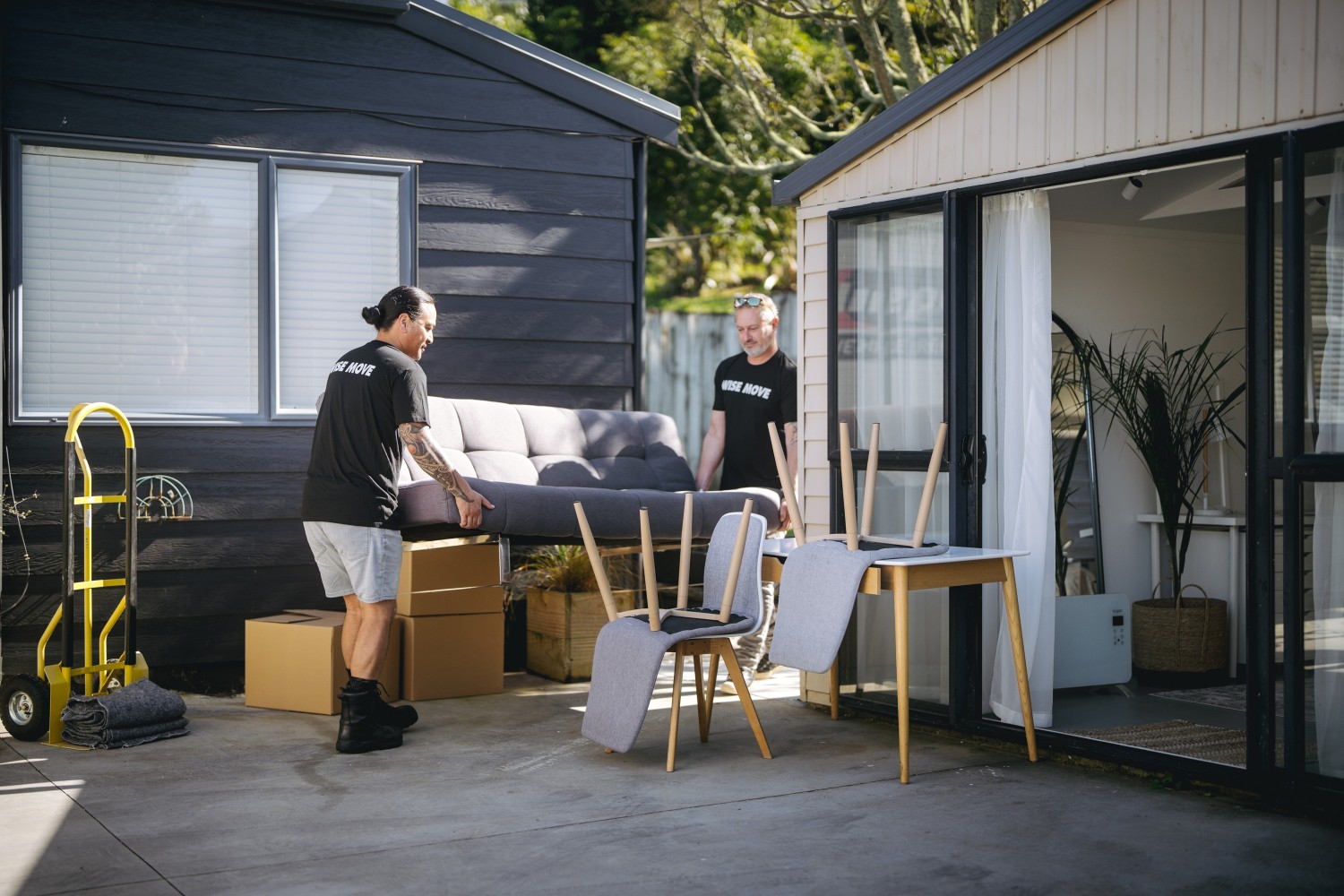
The truth is, there’s no one-size-fits-all answer to buying or renting a home in New Zealand. The ‘right’ answer depends on your current needs and long-term goals. Here are some things to consider before buying or renting a home in New Zealand.
What do you hope to get out of your home?
Homeownership has definite upsides. When it comes to making your house a home, most rentals don’t allow for modifications to the interior or exterior. This means that small changes, such as painting a wall or hanging pictures using screws or nails, is a no-no. While you might not want to buy a home just so you can paint your bedroom, there are advantages to being able to make changes to your space.
Your home can impact how you choose to socialise, work, entertain and work out. Having the freedom to paint your bedroom a colour that makes you happy, knock down a wall to extend your living room, or put up fixed shelving in your home office can make your home more comfortable or functional, which is likely to improve your mood. You can also own pets without having to worry about getting your bond back.
On the flip side, owning your own home comes with maintenance costs that renters can avoid. If you don’t spend a lot of time at home, prefer to be hands-off when it comes to fixing things or want a low-maintenance lifestyle, renting could be a better option.
What are your goals in the next five years?
While the New Zealand housing market is cooling, finding the right home for your needs takes time. Rushing into a house purchase is never a good idea. Before buying a home in New Zealand, think about what you want your life to look like in the next five years. If your priority is to travel overseas, move cities or study, having a mortgage may make it harder to save for these big life events. Renting also provides more flexibility if you need to move cities or want to travel for an extended amount of time.
As we’ve seen in 2022, mortgage rates have risen from 2% to 7%. This has added thousands of dollars in mortgage repayments to homeowners' monthly outgoings. At the same time, rents have stabilised. Before buying a home, consider what major expenses you may experience over the next five years and whether you can afford mortgage payments along with those life changes.
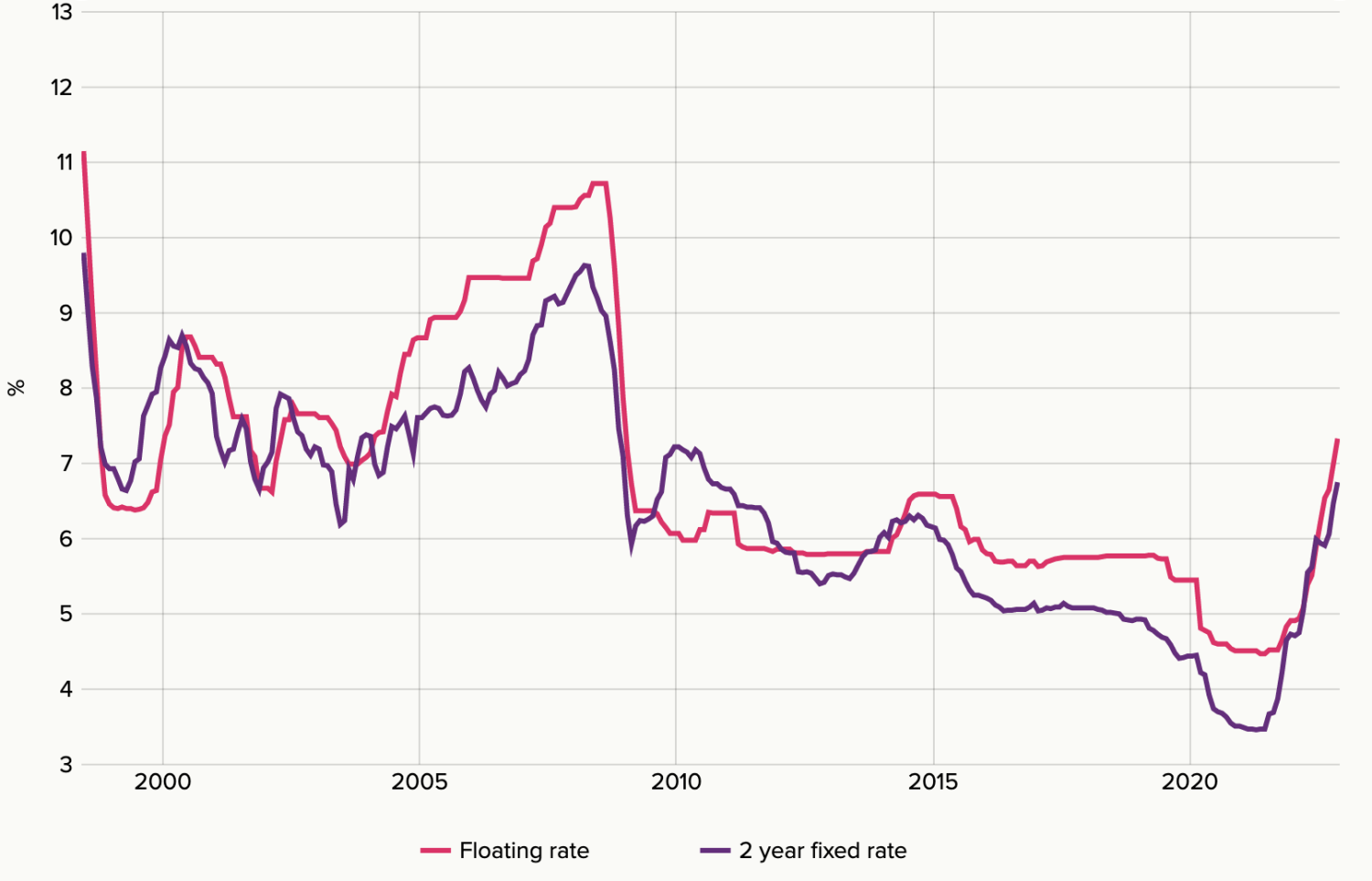
source: rbnz.govt.nz/statistics/key-statistics/housing
A home can be great for people looking for stability. Renting can be unpredictable. While most landlords or property managers offer one-year fixed tenancies, there’s also the risk of the home being sold or the landlord ending the tenancy after your fixed-term contract runs out.
If you are planning to start a family or are looking for more control over where you live, owning a home can give you a sense of stability.
Can you afford to buy a home right now?
According to Opes Partners, the average house price in New Zealand during September 2022 was $987,887. This is down from $1,043,261 the previous quarter. Nationally, the average home has decreased in value by 6.7%. Despite the price reductions, homes are around 8x the price of the average New Zealander's wage, and it can take as long as 14 years for the average person to save a 20% deposit.
It’s not just the initial price tag of a home that potential home buyers should consider. Unlike a rental, homes come with extra costs that can sometimes be overlooked.
As well as a mortgage, you may have to pay:
- Home Insurance
- Maintenance costs
- Renovation costs
- Yearly rates
- Body corp fees
The best way to know if you can afford a home is to run a budget with these expenses included. It’s also a good idea to leave a little money in your savings account for emergencies and other expenses.
How will owning versus renting affect how you live?
Renting often provides a unique opportunity to live wherever you want. Before buying a home, consider where you want to live and why. As a renter, you may be able to afford to live in areas that are:
- Closer to your work or study
- Near the CBD or city fringe
- Walking distance to amenities
- Well-serviced by public transport
Living near the city centre or city fringe is a great way to reduce your daily expenses as you can often save on transport and commuting costs. City centre and city fringe suburbs can often be more expensive to buy in. If you are considering purchasing a home in a different suburb, consider how the move will impact your transport costs. Consider adding the cost of car ownership into your budget.
If you have a family, buying a home can impact where your children go to school. Most schools in New Zealand have catchment zones that require students to live nearby. Buying a home provides stability for children and can ensure their attendance at the local schools in your new neighbourhood.
How do you plan on retiring?
One of the main reasons many Kiwis want to buy a home is that it’s a great way to build equity and set you up for retirement. While you’ll still need somewhere to live once you retire, owning your home gives you more options. If you pay your mortgage off before turning, you’ll have fewer monthly outgoings and can even downsize your home to something smaller if you need to release some of the equity.
Houses usually appreciate over the long term. If you buy a home in the next few years, it may be worth much more by the time you retire. As a renter, you’ll have no such investment to fall back on. Plus, you’ll still have to make weekly rent repayments even after you retire from the workforce.
Are you prepared to look after a home?
As stated earlier, there’s more to being a homeowner than just making monthly mortgage payments. As a renter, you must inform your landlord or property manager when something goes wrong. As a homeowner, this responsibility now falls on your shoulders.
Many rental properties are designed to be lower maintenance. So, before you move into your first home, consider whether or not you are prepared to look after a property.
Some areas you will have to keep on top of are:
- Mowing lawns and tending to garden beds
- Cleaning the gutters
- Sweeping the driveway of leaves
- Washing the exterior windows
- Replacing old fire alarms
- Replacing roof tiles or shingles
- Pest control
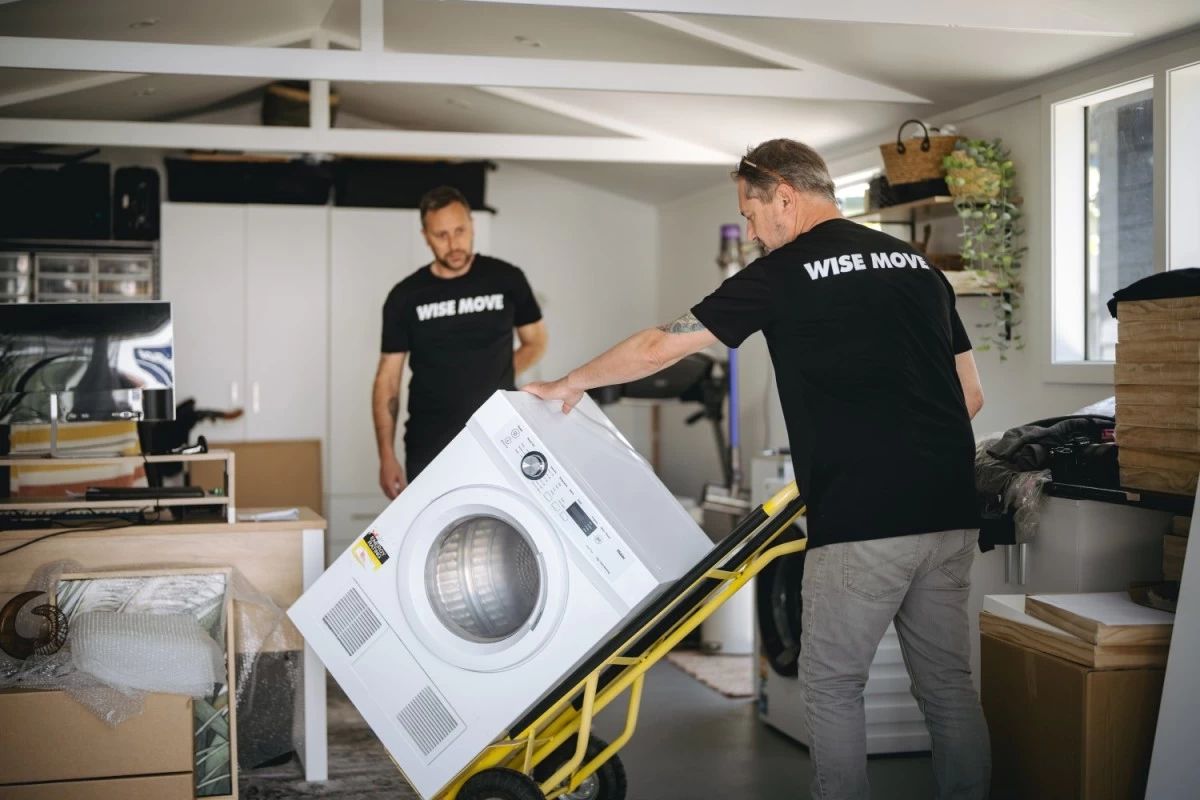
- Cleaning carpets
- Repairing broken items around the home
- Chimney sweeping
- Having your air conditioning serviced
- Fixing leaking faucets
- Pruning hedges and shrubbery
- Replacing failed appliances
Whether you buy a home or rent, one thing you don’t have to worry about is finding the right mover. At Wise Move, we bring together all New Zealand’s moving companies in one easy-to-use platform.
What do our customers say?





For every (wise)move

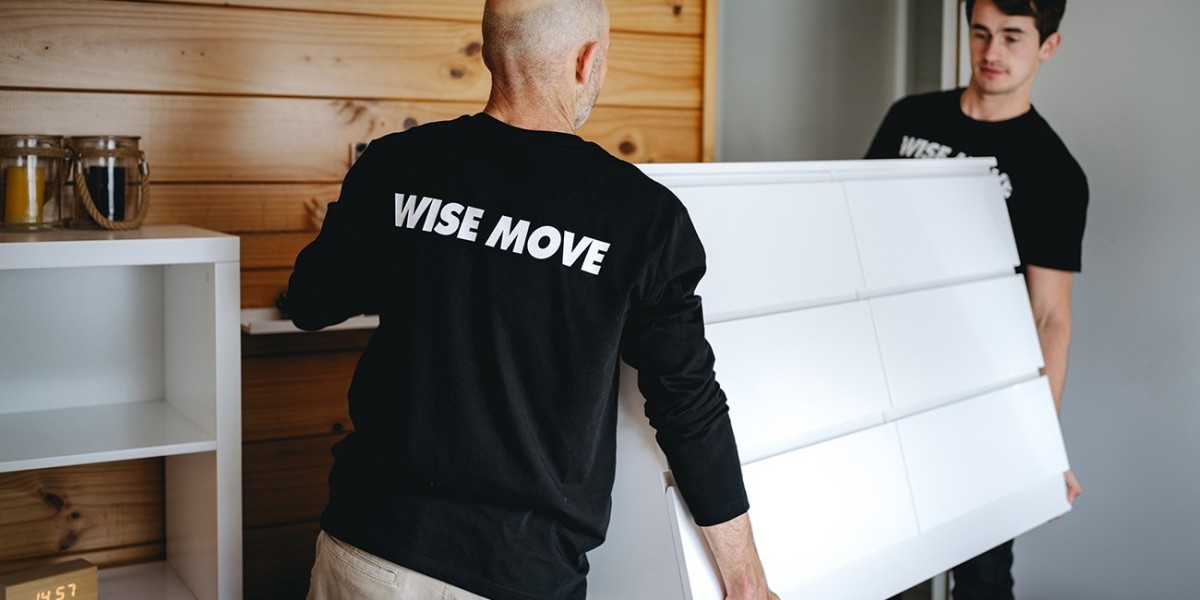





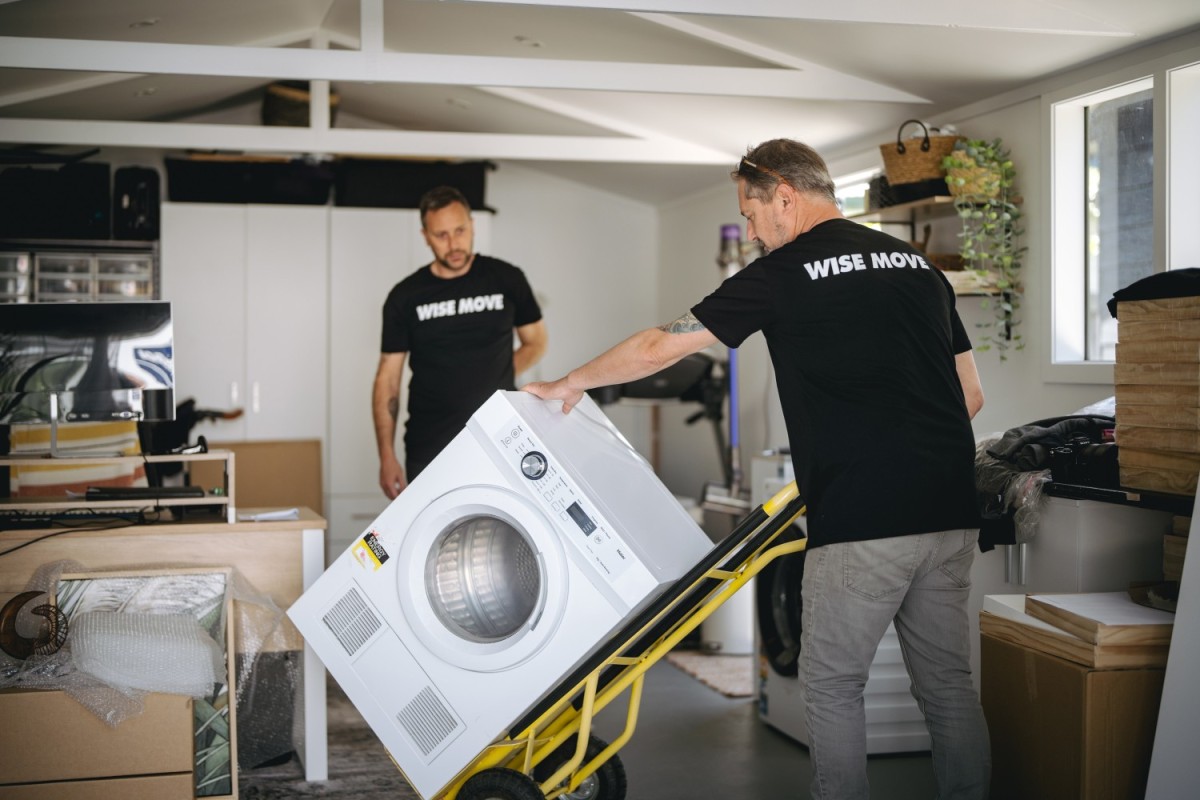
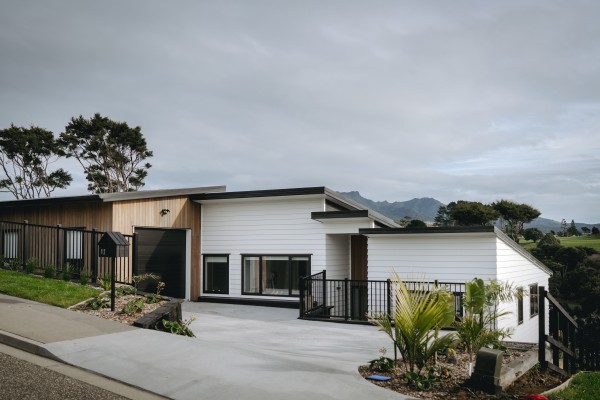
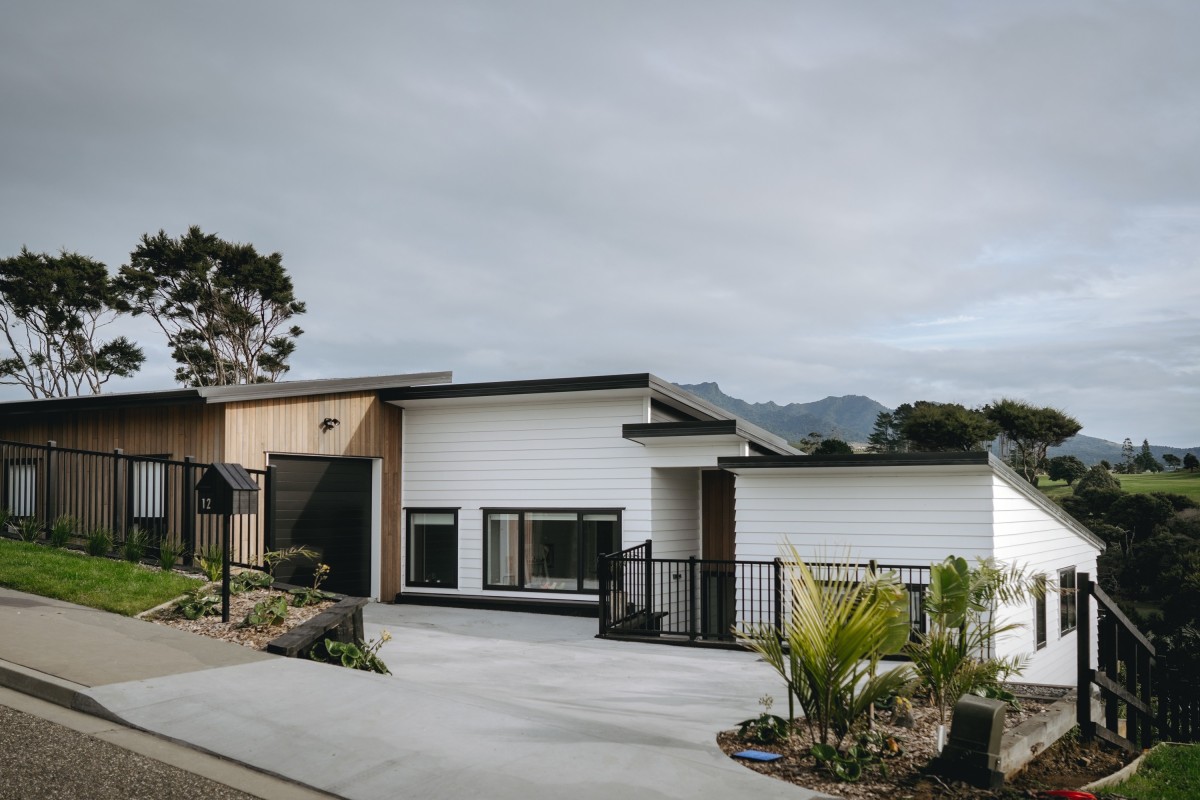
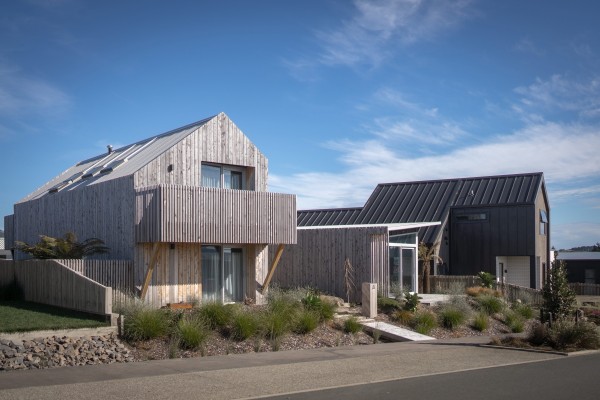
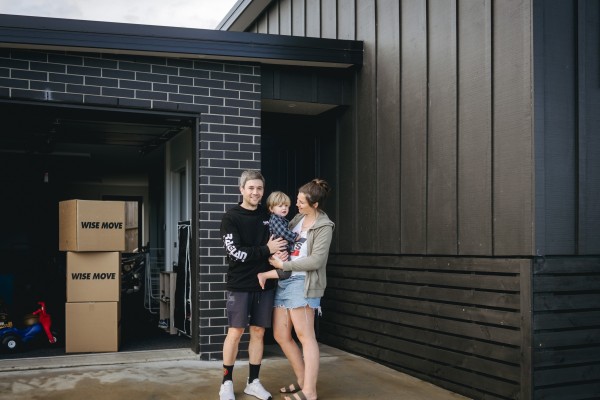
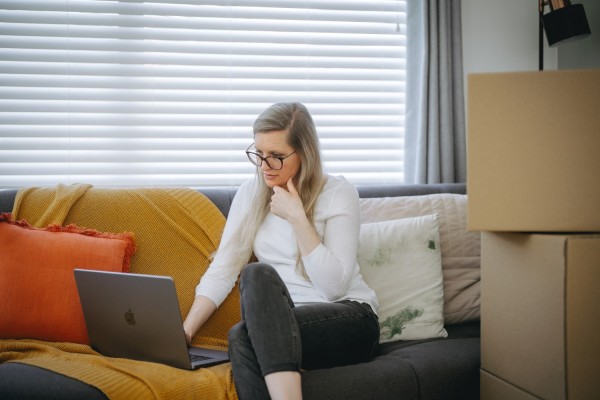
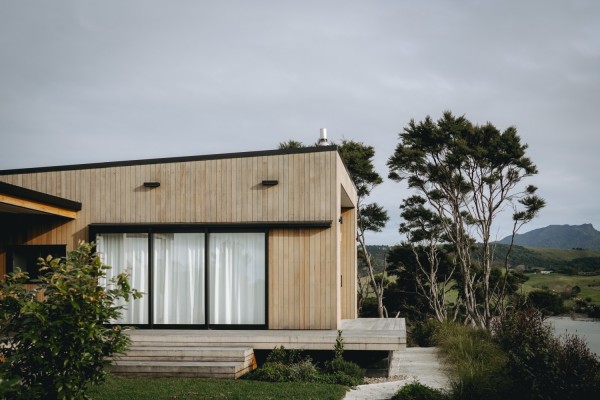
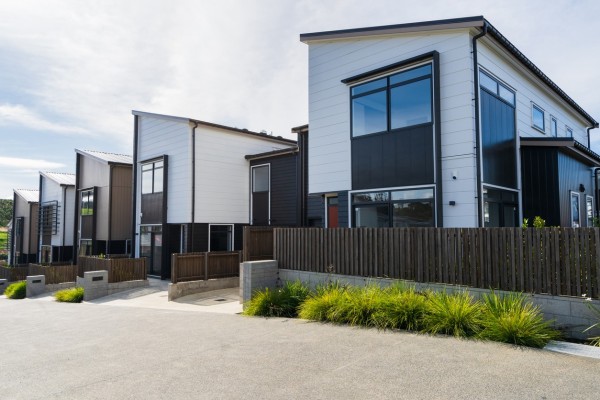
![What does it cost to build a new house in New Zealand? [2025] What does it cost to build a new house in New Zealand? [2025]](https://cdn.wisemove.co.nz/image/blog/ffd5dbdc5eec7e9eb3ad049d6c5c7f4d.jpeg)
